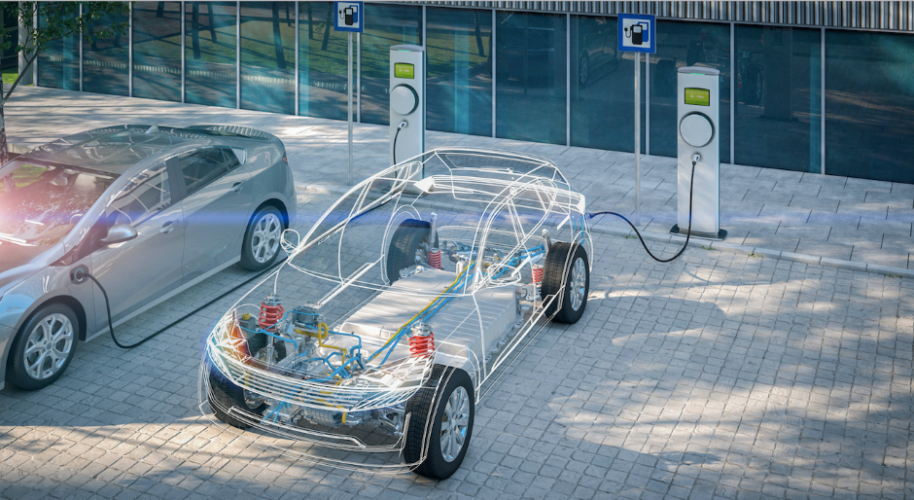UK set for industrial scale battery recycling
The UK is set to develop industrial scale battery recycling capabilities following the announcement of a partnership between Recyclus Group and Slicker Recycling.

Recyclus Group is 49 per cent owned by Technology Minerals (TM), a London-based company aiming by to increase its lead-acid battery recycling capability to 16,000 tonnes per annum by 2022, and 5,000 tonnes per annum for lithium-ion batteries in the same time frame.
“The focus for our recycling operation longer term is on the UK and European markets with a view to grow to 20,000 tonnes of lithium-ion batteries, and 60,000 tonnes of lead-acid batteries respectively per annum over the next decade,” said TM executive chairman Robin Brundle.
TM is a majority shareholder across a portfolio of battery metal projects, stating that its mission is to ‘sustainably extract the raw materials required for Li-ion battery cathodes, and help to recycle spent Li-ion batteries for reuse by battery manufacturers.’ To help deliver this circular economy vision, TM aims to build one recycling plant a year for the next six years.
Register now to continue reading
Thanks for visiting The Engineer. You’ve now reached your monthly limit of news stories. Register for free to unlock unlimited access to all of our news coverage, as well as premium content including opinion, in-depth features and special reports.
Benefits of registering
-
In-depth insights and coverage of key emerging trends
-
Unrestricted access to special reports throughout the year
-
Daily technology news delivered straight to your inbox










Water Sector Talent Exodus Could Cripple The Sector
Maybe if things are essential for the running of a country and we want to pay a fair price we should be running these utilities on a not for profit...